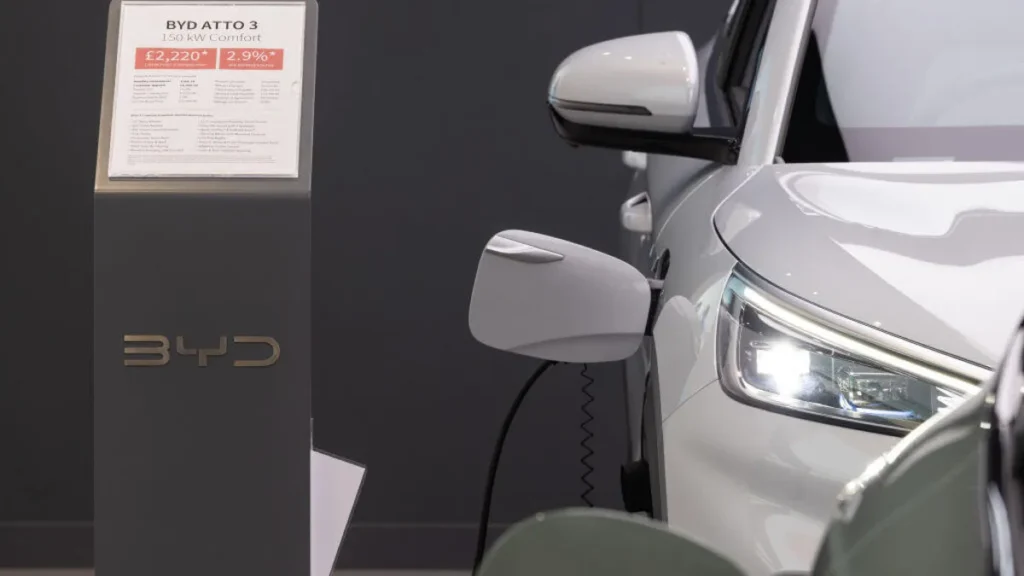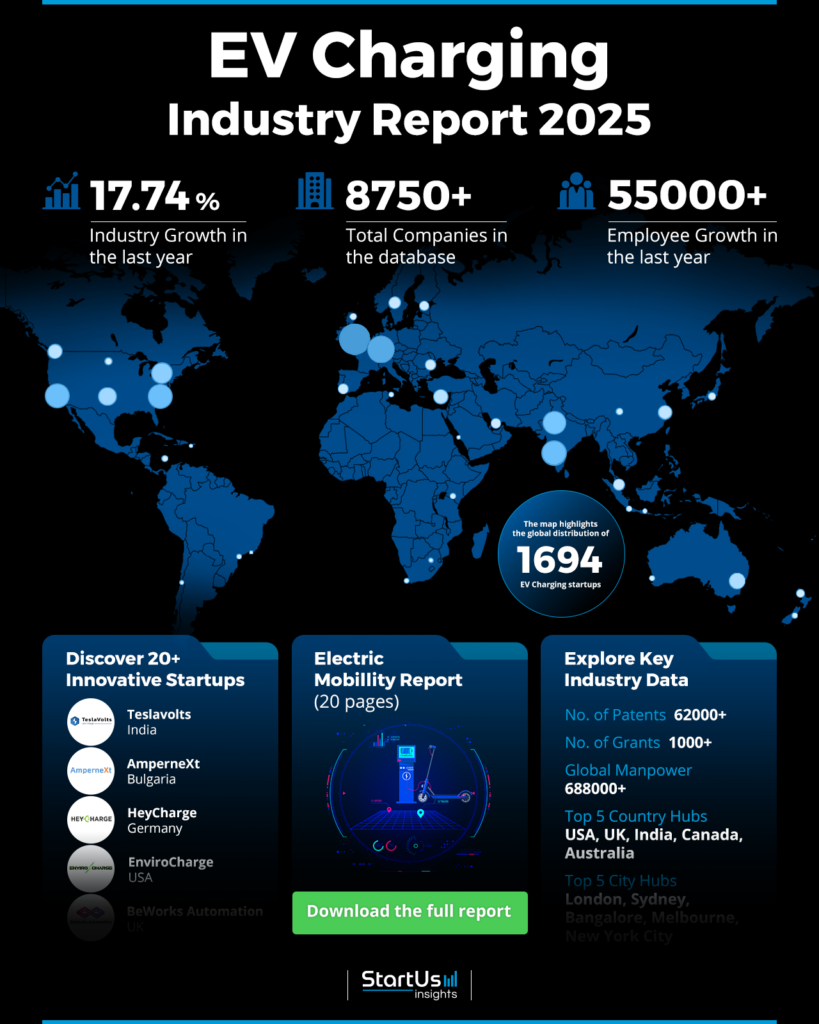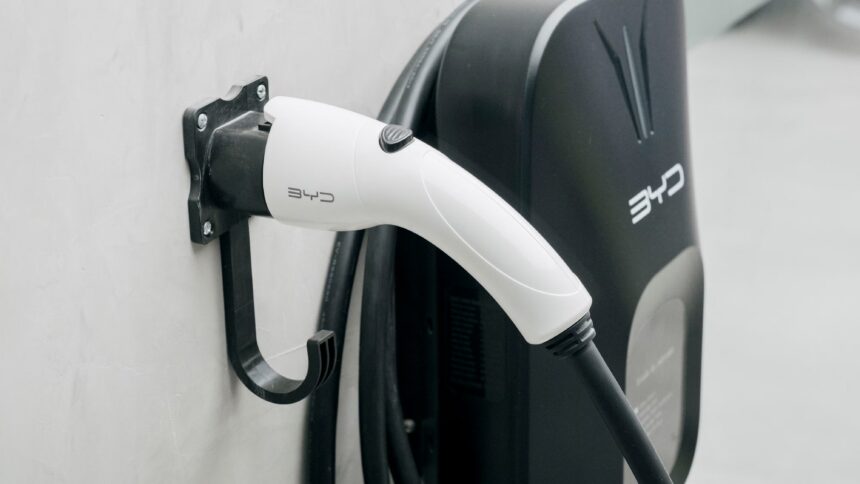In a bold move, Chinese electric vehicle giant BYD has announced a new fast-charging technology that it says can power EVs in just five minutes. The claim, which could dramatically shift global EV adoption, positions BYD at the forefront of the race for ultra-fast charging solutions.
What’s Happening & Why This Matters
BYD’s Game-Changing Battery Tech
BYD unveiled its latest EV battery breakthrough during a tech summit in Shenzhen. According to company representatives, the new Blade Battery can deliver a full charge in five minutes, making it the fastest-charging battery announced for mass production. The company has not yet disclosed specifics about battery chemistry or capacity, but industry experts suggest it involves solid-state advancements or enhanced lithium-ion materials.
A BYD spokesperson commented, “This technology will redefine user expectations and remove barriers to EV ownership.” If true, this leap could address charging anxiety, a persistent concern among potential EV buyers.
Real-World Application and Competition
While Tesla, Rivian, and Lucid Motors focus on incremental improvements in charging speed, BYD’s five-minute claim dramatically raises the bar. Currently, most fast-charging stations offer 80% charge in 30 minutes. BYD’s tech, if commercially viable, could disrupt that standard.
The company plans to launch pilot vehicles equipped with the new battery in late 2025, starting in China before expanding globally. Analysts view this as a direct challenge to Tesla’s dominance and an opportunity for BYD to capture new markets, especially in Europe and Southeast Asia.

EV analyst Helen Zhao notes, “Fast charging at this level could sway fleet operators and private consumers alike.” Infrastructure providers may need to upgrade existing charging networks to accommodate ultra-fast power delivery, but BYD claims its system is backward compatible with current stations.
Broader Impact on the EV Market
Ultra-fast charging could fuel EV sales growth, particularly in regions with limited home-charging options. It also supports green energy transitions, reducing range anxiety and enabling high-frequency travel for commercial vehicles. Governments may use this as a catalyst for investing in public charging infrastructure.
BYD’s innovation pushes automaker rivals to accelerate their battery research and pressures energy providers to ensure the grid can support higher load demands. The announcement could spur new partnerships between tech companies, utilities, and transport agencies to manage charging logistics at scale.

TF Summary: What’s Next
If BYD delivers its five-minute fast-charging promise, it could spark a worldwide paradigm shift in EV adoption. The move challenges the status quo and compels competitors to innovate faster. Watch for pilot rollouts in China and strategic partnerships that aim to scale this technology globally.
— Text-to-Speech (TTS) provided by gspeech


